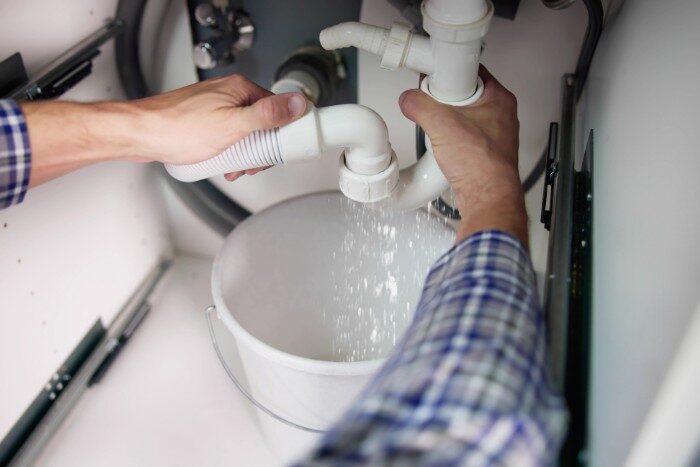
Future Water Saving Technologies: Innovations in Water Conservation
Share
In today's rapidly evolving world, the concept of future water saving technologies is garnering significant attention. With the looming threat of climate change and increasing global water scarcity, it is imperative that we explore innovative solutions to conserve this precious resource. This article delves into the exciting realm of water-saving technologies, highlighting their potential to reshape our water usage habits.

The Importance of Water Conservation
Water is an essential component of life, and yet, many regions around the world are grappling with severe water shortages. According to the Wikipedia on Water Conservation, reducing water wastage is not just an environmental necessity but also a key economic and social imperative. Embracing water-saving technologies can lead to significant benefits, both environmentally and financially.
Smart Technologies Revolutionizing Water Conservation
Smart Irrigation Systems
One of the most promising future water saving technologies is the advent of smart irrigation systems. These systems utilize sensors and data analytics to determine the optimal watering schedules for crops, reducing water wastage by up to 50%. By adjusting irrigation patterns based on real-time weather data, they ensure that plants receive just the right amount of water, thereby enhancing efficiency and sustainability. For more on how these technologies are applied in agriculture, check out Water Conservation Techniques in Farming.
Smart Home Water Management
As we move towards a more connected world, smart home devices are playing a pivotal role in water conservation. These devices, equipped with sensors and IoT connectivity, allow homeowners to monitor and control their water usage remotely. From smart showers that track water consumption to leak detectors that prevent wastage, these technologies are transforming the way we interact with water at home. To learn more about integrating these systems, visit Bathroom Remodeling for Water Conservation.
Advanced Water Recycling and Treatment Technologies
Membrane Filtration and Desalination
Innovations in water treatment are paving the way for efficient recycling and desalination processes. Membrane filtration, for instance, uses advanced materials to remove impurities from wastewater, making it suitable for reuse. Similarly, desalination technologies are becoming more energy-efficient, enabling the conversion of seawater into potable water. These advancements hold the potential to address water scarcity in arid regions, revolutionizing access to clean water.
AI-Driven Water Management Solutions
Artificial intelligence is increasingly being integrated into water management systems to optimize resource allocation and detect anomalies. By analyzing vast datasets, AI algorithms can predict water demand patterns, optimize supply chains, and even identify leaks in real-time. This technology not only enhances operational efficiency but also reduces costs significantly. For an in-depth exploration of AI in water systems, refer to AI in Smart Water Systems.
The Future of Water Conservation
As we look towards the future, the integration of cutting-edge technologies into water conservation strategies is poised to play a vital role in sustaining our planet's water resources. From smart irrigation to AI-driven management systems, these innovations offer a glimpse into a more sustainable and efficient future.
For those interested in contributing to this transformation, engaging in water conservation awareness campaigns is a great starting point. By raising awareness and encouraging behavioral change, we can collectively work towards a water-secure future.
Conclusion
The journey towards a sustainable future is fraught with challenges, but the advent of future water saving technologies offers a beacon of hope. By embracing these innovations, we can ensure that future generations inherit a world where water is abundant and accessible to all.

FAQ
What are the most promising water-saving technologies?
Smart irrigation systems and AI-driven management solutions are among the most promising technologies for water conservation.
How can smart home devices contribute to water conservation?
Smart home devices enable remote monitoring and control of water usage, reducing wastage and improving efficiency.
What is the role of AI in water management?
AI optimizes water resource allocation, predicts demand patterns, and detects leaks, enhancing operational efficiency and reducing costs.
